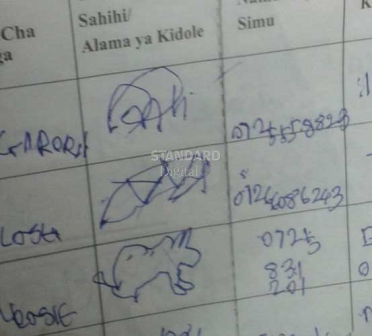
The electoral commission has revealed why it trashed the Okoa Kenya initiative.
Uncover the stories others won’t tell. Subscribe now for exclusive access
- Unlimited access to all premium content
- Uninterrupted ad-free browsing experience
- Mobile-optimized reading experience
- Weekly Newsletters
- MPesa, Airtel Money and Cards accepted
